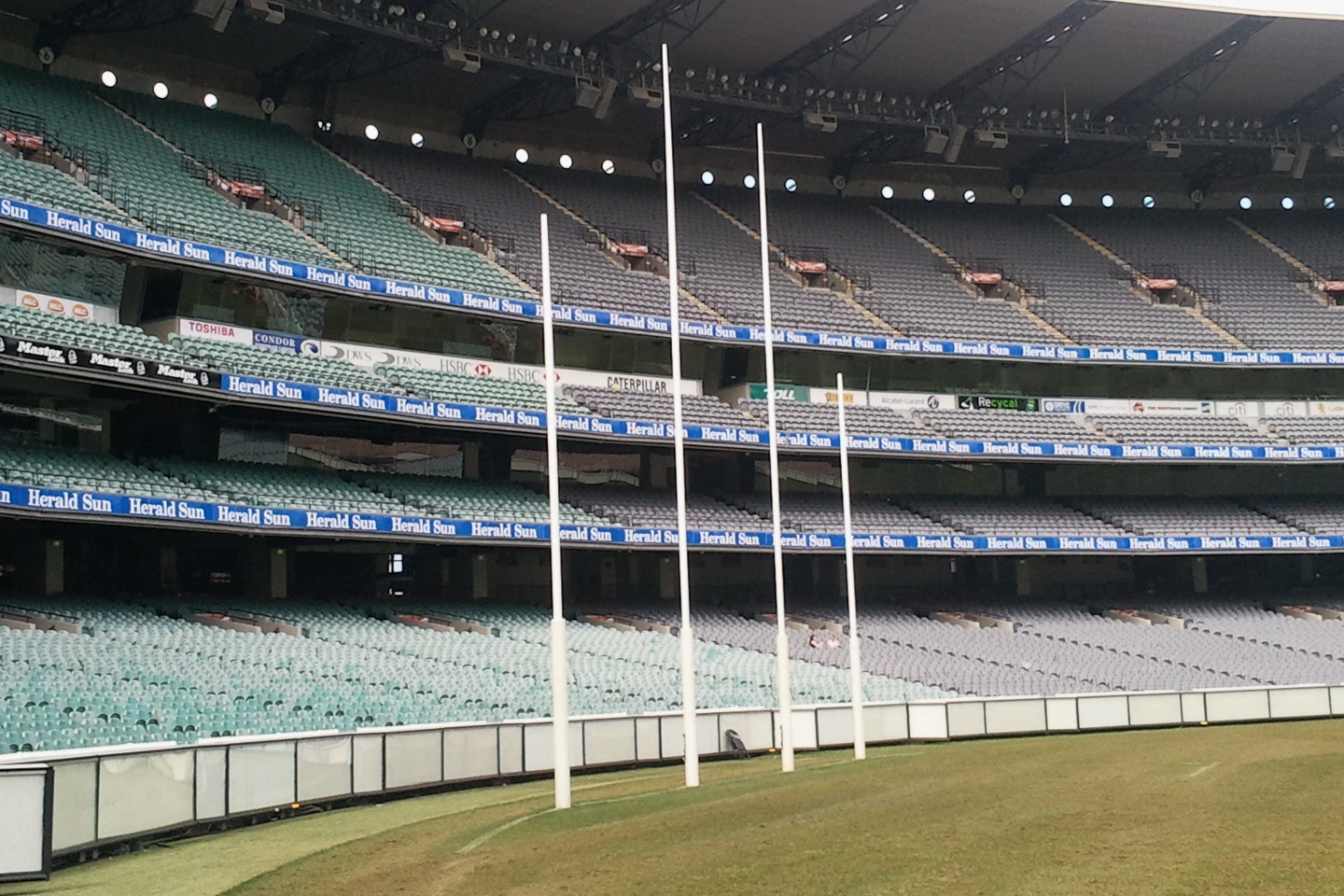Local rare earths explorer ABx Group and TSX-listed Canadian firm Ucore Rare Metals have signed a memorandum of understanding (MoU) to forge a binding offtake agreement for the supply of a mixed rare earths carbonate –enriched in the valuable dysprosium and terbium metals – sourced from the former’s Deep Leads project that sits 45km west of Launceston in northern Tasmania.


Local rare earths explorer ABx Group and TSX-listed Canadian firm Ucore Rare Metals have signed a memorandum of understanding (MoU) to forge a binding offtake agreement for the supply of a mixed rare earths carbonate –enriched in the valuable dysprosium and terbium (DyTb) metals – sourced from the former’s Deep Leads project that sits 45km west of Launceston in northern Tasmania.
ABx believes such an offtake agreement would help drive critical mineral relationships between Australia and the United States and develop a rare earths supply chain between the two nations, based on Ucore’s end goal of establishing a commercial plant in Louisiana. The two companies will also seek to establish an investment pathway for Ucore to become a stakeholder in ABx’s project, which includes the Deep Leads, Rubble Mound and Wind Break resources.
An agreement will look to determine the preferred annual supply volume of the anticipated mixed rare earths carbonate (MREC) product from ABx, with a plan for Ucore to obtain first right-of-refusal for up to 50 per cent of its new partner’s annual volume for five years – subject to an agreement on commercial terms.
The two firms will explore project financing opportunities, which may involve a collaborative approach to companies active in the rare earths space, governments, institutional funds and private investors. The expectation is that they will work together to optimise a comprehensive flowsheet to maximise project efficiencies and commit to a complete development strategy including laboratory, pilot and demonstration plant testing.
ABx Group managing director and chief executive officer Mark Cooksey said: “ABx is delighted to be partnering with Ucore, who are rapidly progressing towards commercial rare earth separation and form a critical element in the establishment of a North American rare earths supply chain. Ucore’s progress and strategic importance is evidenced by their demonstration plant in Canada and significant financial support from both the Canadian and US governments.”
Ucore chairman and chief executive officer Pat Ryan says the company sees the union with ABx as instrumental in helping it establish a western supply chain comprising diverse global projects. He views the prospect of securing a stable supply of MREC with high heavy rare earths content from Australia as “very appealing”.
Ucore is headquartered in Nova Scotia, a Canadian province of more than one million people. Its rare earths separation technology “RapidSX” is part of the company’s commercialisation and demonstration facility in Ontario.
The facility is undertaking separation of heavy and light rare earths at a demonstration scale, with Ucore implementing its technology transfer plan from the existing demonstration level to commercialisation scale at its developing Louisiana strategic metals complex (SMC).
ABx’s expanding Deep Leads project has been subjected to metallurgical testing from the world-leading Australian Nuclear Science and Technology Organisation (ANSTO). The testwork has confirmed that samples from Deep Leads have the highest ionic proportion of any clay-hosted rare earths resource in Australia.
Management says that the ionic-adsorption clay (IAC) project also retains the highest proportion of DyTb elements of any clay-hosted rare earths resource in Australia. It says the DyTb levels average about 4.5 per cent of the total rare earth oxides (TREO) resource and believes ratios above 5 per cent are rare anywhere in the world – making the resource a valuable source of heavy rare earths.
An added benefit to the resource is the low level of thorium and uranium.
ABx’s rare earths deposits are within accessible pine plantations and near major infrastructure such as highways, rail lines, airports, international shipping ports, grid hydropower and cities with engineering capabilities and a mining-ready workforce. The company recently said it had uncovered the potential to expand its resource at Deep Leads after receiving the first 316 assays from its 37-hole maiden air-core (AC) drill program into a previously untested part of the site.
The company’s assays revealed thicker rare earths intercepts than usual and continued to return a high 4.3 per cent proportion of DyTb in the TREO. Management says the high DyTb content surpasses the numbers reported by other comparable Australian projects.
ABx also has its intriguing ALCORE technology.
The “world-first” and environmentally-friendly process has been designed to recover hydrogen fluoride from the excess bath that is produced during the smelting of aluminium. It is then combined with aluminium hydroxide to produce aluminium fluoride – a high-value chemical essential for aluminium smelting.
Cryolite, or what is referred to as “bath”, is used in the manufacture of aluminium to cover the melted aluminium and prevent it from oxidising and is also required to keep the melting temperature relatively low and reduce energy consumption.
But for now, ABx and Ucore will be keen to turn their newly-inked MoU into an agreement that can provide a huge win-win for both companies.
Is your ASX-listed company doing something interesting? Contact: matt.birney@businessnews.com.au












